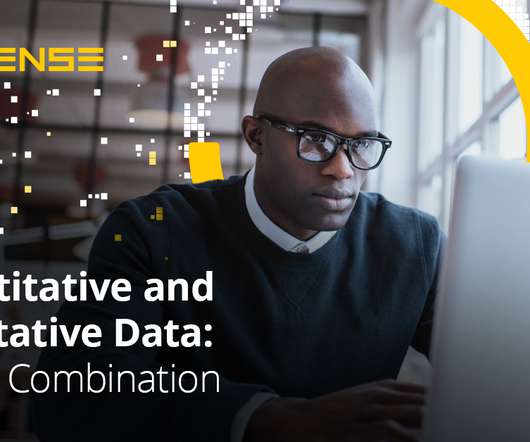10 Examples of How Big Data in Logistics Can Transform The Supply Chain
datapine
MAY 2, 2023
Working with a mix of historic (trend-based), real-time, and predictive insights, everyone on your team will be able to make valuable strategic suggestions, take active measures to spot any spiraling trends before they cause organizational damage, and keep on top of every process or operation with pinpoint precision. million miles.














Let's personalize your content